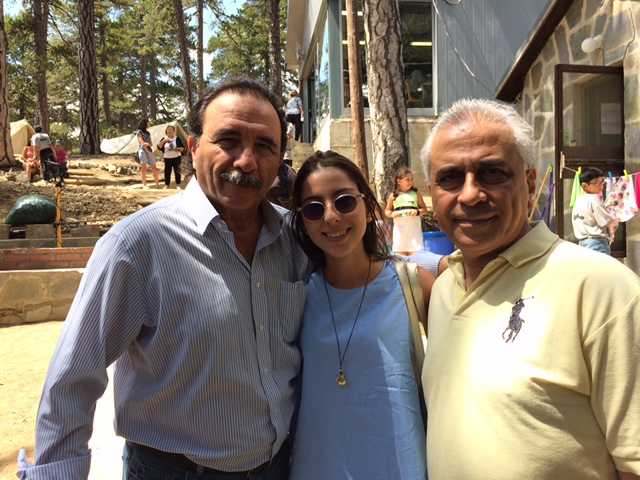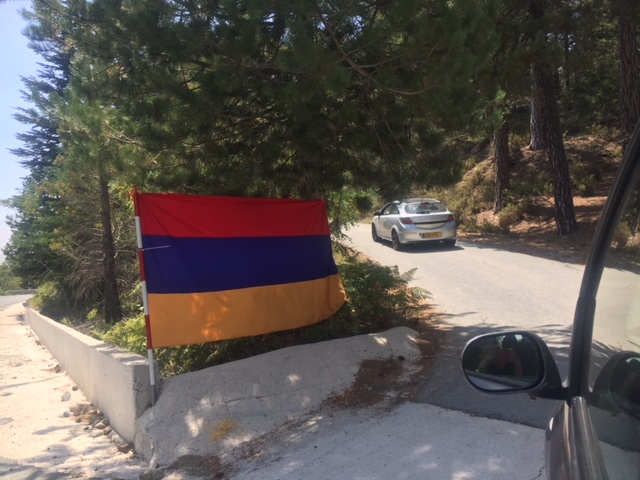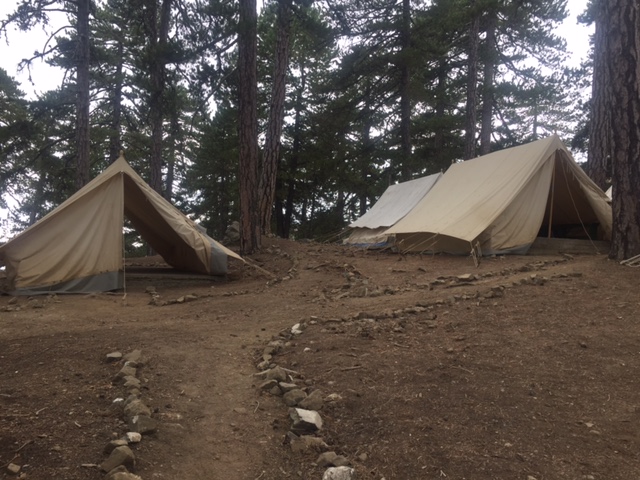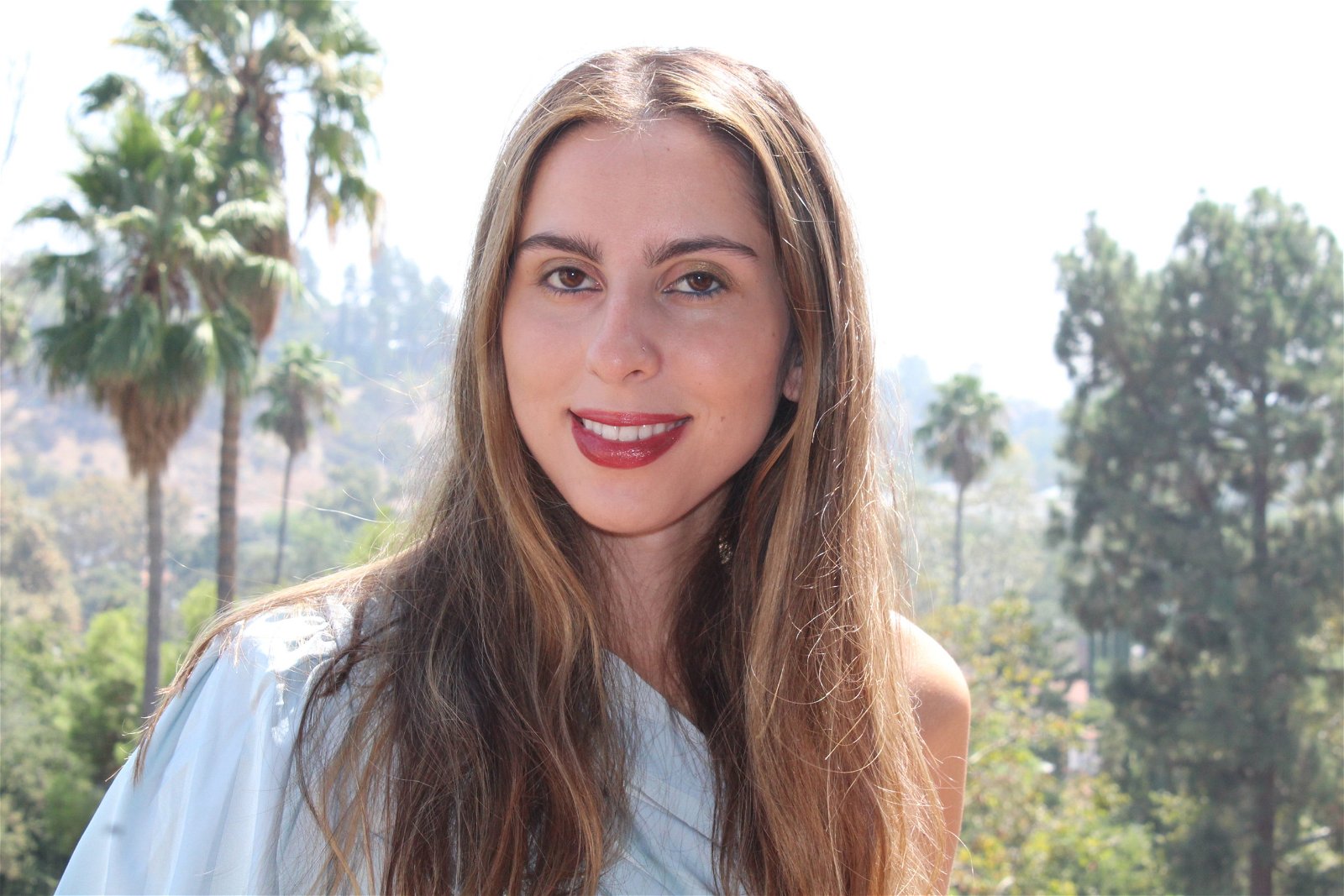The drive to Troodos felt familiar, almost like I’ve been here before, only because I applied past knowledge (AYF Camp, Big Pines) to a new destination. The higher we drove up, the quicker the temperature dropped, from 32 Celsius to 15 Celsius. I remember feeling nervous—the kind of nervousness one feels when going to meet someone for the first time.

On Aug. 20, I met more than 150 Cypriot Armenians. They were curious to know who I was, where I came from, and why. We found ourselves asking each other the same questions, since I was just as curious as they were. The answers I gave were different from the answers they gave, but one thing we had in common was that we were in the largest mountain range in Cyprus for the same reason.
Revolutionary songs are our tongues’ rhythms, poetry, lullabies, harmonious tonalities, and inner teachings. Revolutionary songs are of a pure symbolism, and an encapsulation of a particular time and place of our past, but also a vision of our contemporary world… and simultaneously of the near and far future.
Not long ago I found an old cassette tape, and on the back of its disintegrating cover I read a message from the Armenian Youth Federation—Youth Organization of Armenian Revolutionary Federation (AYF-YOARF) of Western America: “We are convinced that these revolutionary songs transmit a spirit of militancy and enthusiasm to the people and to the youth in particular, thus becoming an effective medium in the politicization and revolutionization processes of the masses. Therefore, their songs are more than mere memento from the past; rather they represent potent factors in the present stage of our liberation struggle.”

In The Myths of Creativity by David Burkus, I read a paraphrased passage I felt was relevant. It said an organization’s commitment to continuous improvement and the desire to learn are a direct form of growth, because that desire and want are a bridge toward knowledge and involvement, which happen to be two vital characteristics of mindful and beneficial improvement for any human being.
Being open to and wanting to hear innovative ideas, along with the tangible resources we choose to use, leave an effect on two processes in life: (1) creativity, meaning, new content, and new information; (2) and the same-old, also known as tradition. Both thought processes are applicable and especially relevant in organizing and organizations.
Both of those approaches work to our advantage due to both our history and our present-day mentalities; both are sources of ideas, which continually intertwine.
The work being done by the AYF affects how intrinsically inclined our members will be to show up every day with an immense want to create, cooperate, and innovate through sparks of inspiration. And that inspiration is shaped from not just within us but also outside of us—from our history all the way to our own creations, in this case the decentralization of chapters that are found all over the world.
We’ve created our own system, our own formulas, and our own definition of creativity.

Ending my speech to the Cyprus AYF (not the best way to describe my encounter with members and families; my encounter was a “conversation,” perhaps, as opposed to a “speech,” since it was nothing particularly new I was speaking about), my words were intended to be mere reminders to a big, beautiful, family-oriented community: “I advise you all to stay involved with what makes you feel Armenian. Question what it is that makes you feel Armenian. And embrace it. Listen to Armenian music more often: The anoush tsayner, the dkhour mdadzoumner vor yerkeruh gu sdeghdzen… hisheh iraganoutiune ayt yerki dukhour mdadzoumneroun. Usel e, vor midkut jisht deghn eh.
Power to Gibra-Hyes, who I found to be a group that defines the term.



Be the first to comment